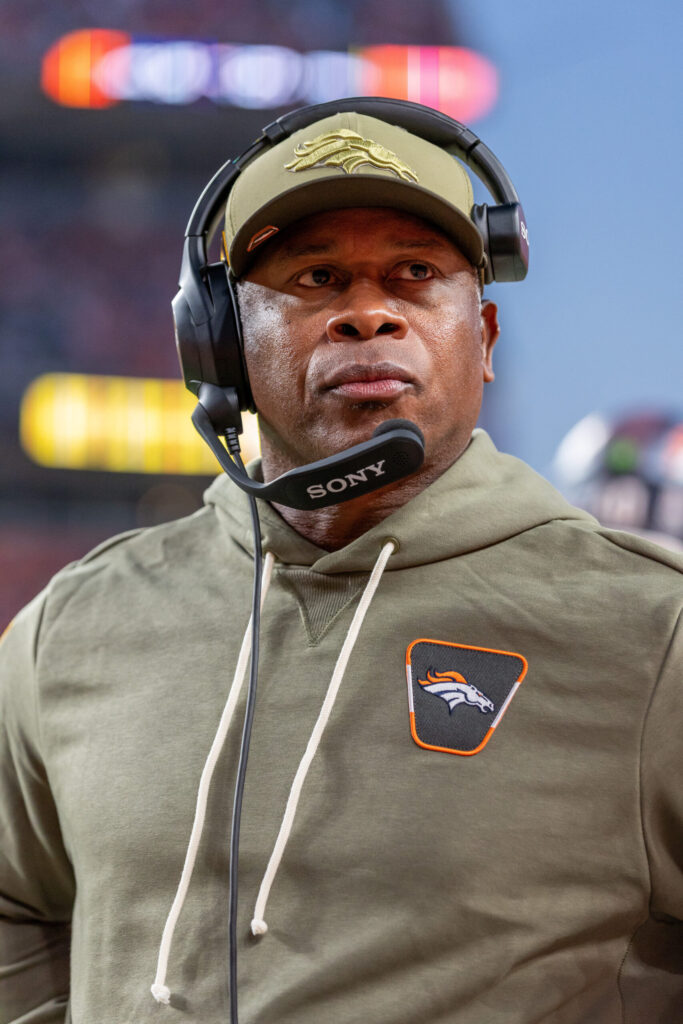Colorado Supreme Court walks back appeals court’s reversal of $3 million fine against CollegeAmerica

Parker Seibold, The Gazette
The Colorado Supreme Court on Monday walked back a lower court’s reversal of a $3 million penalty against a technical college that deceived its students, with the justices instead directing the Court of Appeals to take a closer look at the evidence before ordering a new trial outright.
The Supreme Court’s decision means the government may not need to redo its four-week trial proving that CollegeAmerica violated the Colorado Consumer Protection Act by misleading nearly 11,000 students into thinking they would make substantially more money or find jobs in their field — when the opposite was often true.
Because the Denver judge who originally heard the case mistakenly believed the Colorado Attorney General’s Office did not have to prove CollegeAmerica’s illegal actions had a “significant public impact,” the Court of Appeals decided in 2021 that the parties “lacked an incentive” to present evidence on the subject. However, even CollegeAmerica acknowledged after trial that the parties had submitted ample information about significant public impact.
The Court of Appeals “should first have considered whether the parties had, in fact, had a full and fair opportunity to litigate the merits of the significant public impact issue” before ordering a new trial, wrote Justice Richard L. Gabriel in the May 15 opinion.

Consequently, the $3 million in penalties against CollegeAmerica may remain intact if the appellate court agrees the now-defunct institution had a fair opportunity to defend itself and the evidence supports that its actions significantly affected the public.
In a statement, the attorney general’s office welcomed the directive for the Court of Appeals to review the “overwhelming evidence that the college’s deception significantly affected Colorado consumers. We are committed to protecting student borrowers from predatory lending and deceptive marketing, and we will press ahead in this case to seek justice and relief for those who were preyed on by CollegeAmerica.”
An attorney for CollegeAmerica declined to comment.
In 2014, Colorado sued CollegeAmerica, two of its executives and the related nonprofit Center for Higher Education, Inc., alleging they used deceptive advertising about their offerings and outcomes. The school also reportedly offered “unconscionable” loans to students who, for the most part, were never able to pay them back.
A four-week trial before then-District Court Judge Ross B.H. Buchanan revealed that CollegeAmerica boasted about students making “more money sooner” and earning “up to $1 million more” with a degree, but it obscured actual data showing graduates were hardly better off for attending CollegeAmerica’s vocational programs.
Admissions officers enrolled students who they believed would “really struggle in school,” including a man with a learning disability who ended up getting his blood drawn for extra credit and returned to his restaurant job after working on his degree. Further, CollegeAmerica dramatically overstated its successful outcomes to its accreditor. Half of graduates surveyed reported being worse off financially for attending CollegeAmerica, and some even declared bankruptcy.
Buchanan ultimately found CollegeAmerica had deceived its students and made unconscionable loans to some who enrolled. He declined to award more than $200 million in restitution to students, but imposed the maximum $3 million in consumer penalties.
However, Buchanan mistakenly believed the attorney general’s office did not need to prove CollegeAmerica’s actions had a significant public impact. In August 2021, a three-judge panel for the Court of Appeals reversed the judgment based on Buchanan’s error.
Under that incorrect reading of the law, “the parties lacked the incentive to present evidence, rebut evidence, and develop a record on this issue,” wrote then-Chief Judge Steve Bernard, directing a new trial for all of the consumer protection claims.
The Supreme Court was unconvinced the mistake had actually harmed CollegeAmerica’s ability to defend itself. Gabriel noted that CollegeAmerica told Buchanan post-trial that the parties already “included findings and conclusions on the significant public impact issue” and “no supplementation is needed.”
“In these circumstances, it is not at all clear to us that the trial court’s pre-trial rulings on significant public impact so undermined the parties’ incentives to litigate the issue that a new trial is necessarily required,” Gabriel wrote.
Instead, the Supreme Court directed the Court of Appeals to look at the evidence the parties actually presented. It is conceivable, added Gabriel, that a total redo of the lengthy proceedings will not be needed.
Elsewhere in the opinion, the Supreme Court concluded CollegeAmerica was not entitled to a jury trial and that statistical evidence about students’ inability to repay their loans was insufficient in this case to call the loan terms categorically “unconscionable.” Although Gabriel rebuffed the Court of Appeals’ belief that evidence about individual consumers is always necessary, he explained that Buchanan reasonably concluded the loan terms were not unconscionable for all CollegeAmerica students.
Justice Maria E. Berkenkotter did not participate in the appeal.
The case is Colorado v. Center for Excellence in Higher Education, Inc. et al.
















